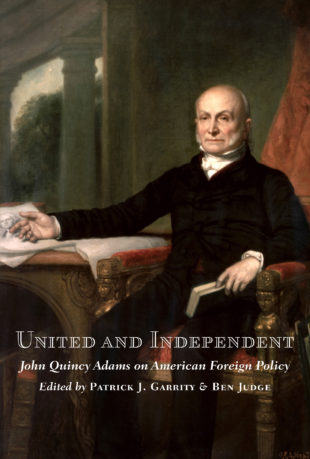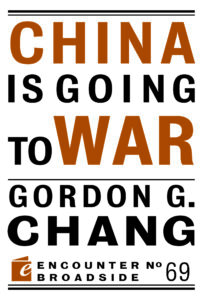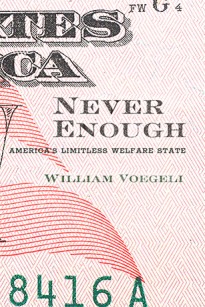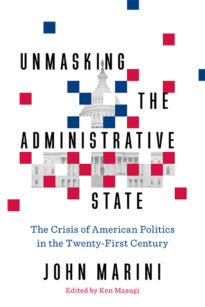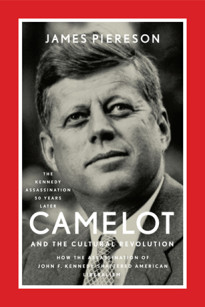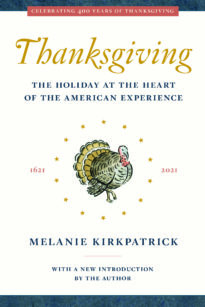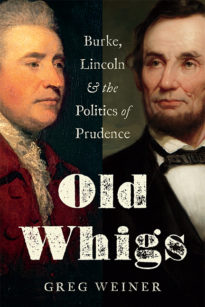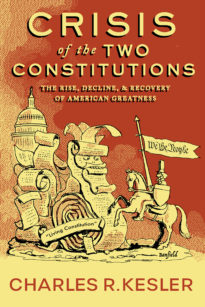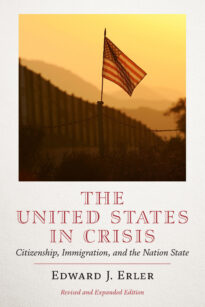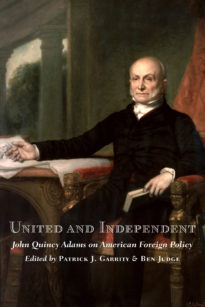Diplomacy, it is often said, is the art of the possible. John Quincy Adams undoubtedly would have agreed. But he would have added that the possible must be guided by a set of political principles that define the national interest. In 1809, John Quincy wrote: “There are two political principles that form the basis of the system of policy best suited to the interests and the duties of this country. One in relation to its internal concerns, UNION, the other in respect to its intercourse with foreign nations, INDEPENDENCE. These principles are the keys to my political creed.”
These two guiding principles – union and independence – were in fact closely interrelated. Throughout his career he fought separatist movements in the North and the South. A foreign policy of independence was a necessary complement to that of a strong Union. To retain its independence, he was emphatic that the United States must remain aloof from the quarrels and wars of Europe, and particularly avoid “entangling alliances.” Strict neutrality was the default position. America would add its moral support to the cause of true freedom in the world and would aid that cause indirectly through diplomacy if it could, but it would not go abroad in search of monsters to destroy. This posture would prevent foreign influence from distorting American politics or involving it in unnecessary wars that threatened the Union.
By national greatnesses, John Quincy clearly meant more than the sheer power that the Union could wield in international affairs; he also meant its signal contributions to the improvement of the condition of mankind. Adams believed that self-improvement xvi was the God-given duty of individuals and communities. America’s contributions would, first, be the vindication of republican (constitutional) government, which rested in turn on the principles enunciated in the Declaration of Independence. Second, the Union would expand, by peaceful means, the realm of political freedom across the entire North American continent. Third, the United States would, in a manner consistent with its national interest and circumstances, support a liberalized law of nations that supported international peace and commercial prosperity. Finally, America would play a leading role in promoting the higher dimensions of civilization – the arts and sciences, literature, and the like, at a time when John Quincy believed those lights were being extinguished throughout Europe. None of this was remotely possible with a divided Union.
A Union pursuing a foreign policy of independence must have a national security structure adequate to the task, beginning with the principle of executive primacy in international affairs. The United States must have an ocean-going navy capable of breaking a blockade of its coasts, and securing its hemispheric and oceanic commerce against piracy and privateering. It did not need a large standing army but forces would have to be proficient in all forms of combat, including combined arms. The security structure depended on sound government finances, which included a sufficient level of taxation. The president and his cabinet must have the most current intelligence of the goals and actions of the powers of Europe, especially when it came to the possible outbreak of war. This required posting experienced diplomats and consular officials in critical locations.
We do not intend to present John Quincy as an infallible oracle or unchallenged guide to American foreign policy. His understanding of the national honor and interest at various times in his career are worthy of debate. His strategic assessment of the international situation, and the motivations of other nations and their leaders, was not always accurate. Despite his protestations that morality must guide foreign policy, he did not always assume the unquestioned high ground – there was enough of the practicing lawyer in him to take on the dubious case of a client and make it his own. The justifications of his own actions could be selfserving, arguably intended to advance his political career. He struggled, largely unsuccessfully, to separate the interests of his slave-holding country from his personal opposition to the peculiar institution. He unapologetically believed that Indian culture was retrograde and destined to be extinguished, although he believed that process should take place without force or fraud – something that he discovered was well-nigh impossible. His diplomatic style, reflecting his personality, was often abrasive and even condescending – for better or worse. He had his critics, then and now. We attempt to provide readers with sufficient context to make their own judgment. But we do not hide our view that if he was not infallible, there have been none his superior.
We end our collection in 1829, as John Quincy was shown out of the highest office in the land. Never again would he exercise the same kind of direct influence on American diplomacy. But as things turned out, his public career was hardly at an end. Most notably, he became the most prominent antagonist of what he termed the slavocracy. At times this ardent patriot and religious man questioned the cause of his country and even the existence of his God. Did he also question whether his own past policies and apparent diplomatic triumphs had contributed to the morass in which the nation now found itself? That is a subject for another time and another volume.
